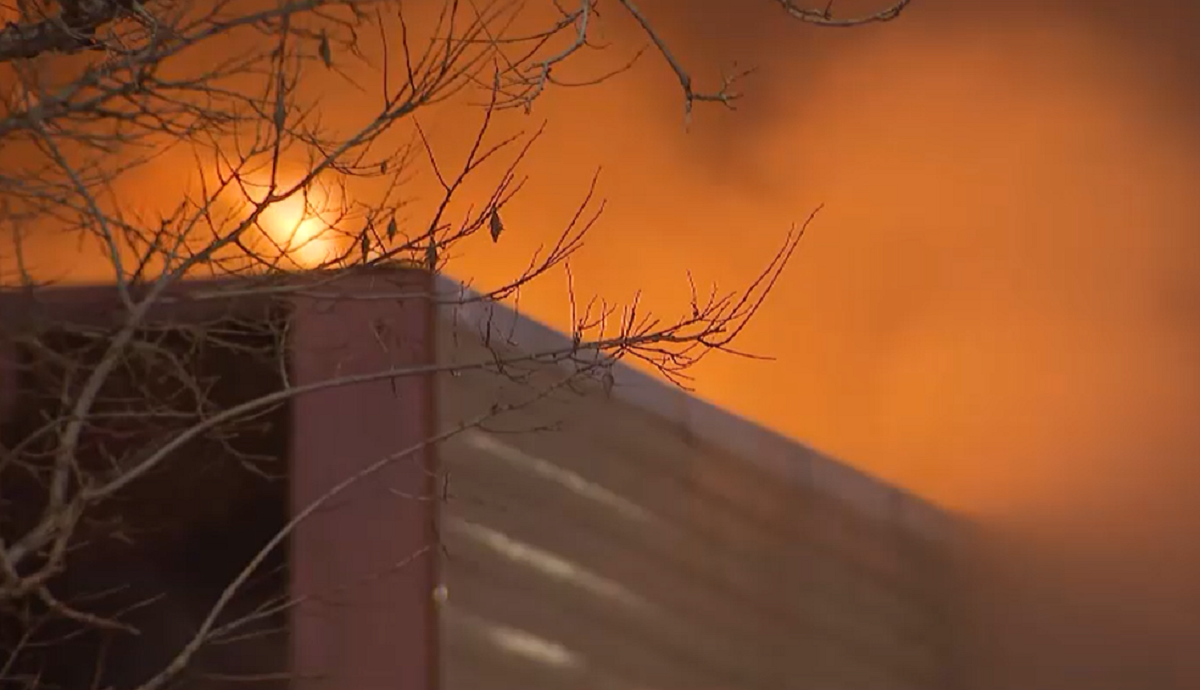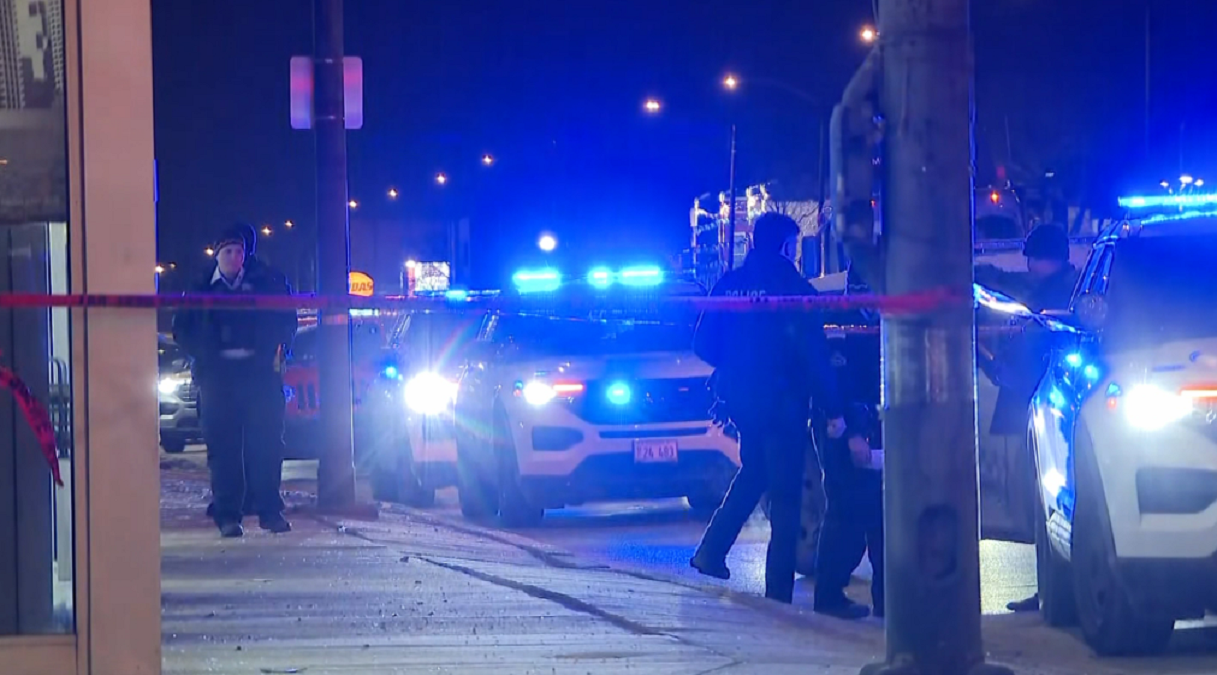A new study on the feasibility of a gambling casino in Chicago says the “onerous” tax and fee structure will make it difficult, if not impossible, to attract an investor. NBC 5’s Mary Ann Ahern reports.
A new study on the feasibility of a gambling casino in Chicago says the "onerous" tax and fee structure will make it difficult, if not impossible, to attract an investor.
The results of the study, conducted by the Las Vegas-based Union Gaming Analytics, echo concerns from Chicago Mayor Lori Lightfoot on the ability of a casino to make money.
Casino gambling in Chicago was authorized this year by the General Assembly. Under the law, a Chicago casino operator would have to pay a $250,000 application fee upfront, a $15 million "reconciliation" fee when the license is issued and up to $120 million in gambling position fees. The city casino operator would also be required to pay an additional 33.3 percent "privilege tax" on top of an existing tax structure paid by all Illinois casinos, the study claims.
Five prospective Chicago locations were submitted for the "economic feasibility study," as required under the bill signed by Gov. J.B. Pritzker to expand gambling across Illinois.
According to the study, a casino’s owner would receive single-digit profit margins at best.
"The reconciliation fee alone would wipe out any profits generated for many years, if not decades under the [Adjusted Gross Receipts] tax structure," the report from Union Gaming Analytics states. "The return on investment profile for all five sites is subpar, if not negative over the five years projected herein."
The reconciliation fee, the study states, "not only magnifies the lack of feasibility, it also shuts the door on the ability of the developer to obtain financing."
The Illinois Gaming Board, which released the study results Tuesday, can ask legislators to reconsider the terms. Such a request must be made within 90 days, the board stated.
Lightfoot said Monday financial experts have said the upfront tax payments embedded into the casino statute wouldn't allow for a casino operator to be successful.
“We have been clear from day one that the creation of a new casino for Chicago has to be financially viable and address the revenue needs of the City of Chicago,” Lightfoot said in a statement. “While the study confirms our concerns about the tax structure that the legislature passed, we know that this can be addressed, and we look forward to working with the governor and legislative leaders to revise the legislation and ensure a new casino will be beneficial for Chicago’s communities and the entire state.”
Lightfoot submitted five sites for consideration for the Chicago casino last month. They included: Harborside (111th Street and the Bishop Ford Freeway), the former Michael Reese hospital (31st Street and Cottage Grove); Pershing and State; Roosevelt and Kostner; and the former U.S. Steel parcel (80th Street and Lake Shore Drive).
Each of the sites had previously been considered for a prospective casino or major development in the past and all are largely made up of publicly-owned land, according to Lightfoot.
Pritzker signed the gaming bill into law in June in part to fund the state's ambitious new infrastructure plan. Lightfoot said revenue from the Chicago casino would also be directed to the city's underfunded police and fire pensions.
Local
The legislation allows for six additional casinos in Illinois, located in Chicago, Danville, Waukegan, Rockford, south suburban Cook County and Williamson County in southern Illinois.
The Chicago casino will be able to place gaming machines at O'Hare and Midway airports, and allows horse racing tracks to have slot machines and table games on site. The measure also legalizes wagering for competitive professional sports and authorizes it at racing tracks, casinos and other sports facilities.



